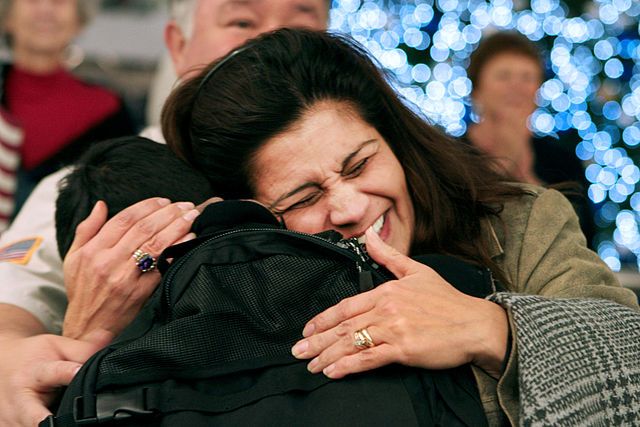Danish municipalities expect that over 20,000 people will be added to the population in Denmark via family reunification in 2016, which is twice as many as 2015 – a year that itself saw a doubling in reunifications from 2014.
Asylum-seekers and unified families add up to a very large new population calling Denmark home.
“These numbers correspond to the creation of a new municipality in Denmark,” Martin Damm, the president of municipality support group KL and the mayor of Kalundborg, told DR Nyheder. “It costs somewhere between 2.5 and 3 billion kroner annually to operate.”
Most from Syria
Those seeking family reunification are mainly refugees from war-torn Syria.
“Many Syrians have family they have been separated from while fleeing the war – in their home country or neighbouring countries – who they are now seeking to reunite with in Denmark,” said Eva Singer, the asylum head at the Danish refugee council, Dansk Flygtningehjælp.
Municipalities are asking for more financial help from the state to deal with the expenses that come with the task of reuniting families.
READ MORE: Danes support harder family reunification stance
“It’s going to take a lot,” said Damm.
“We need to find housing, while children need to go to kindergarten and school, need to learn Danish and need to have medical care.”















